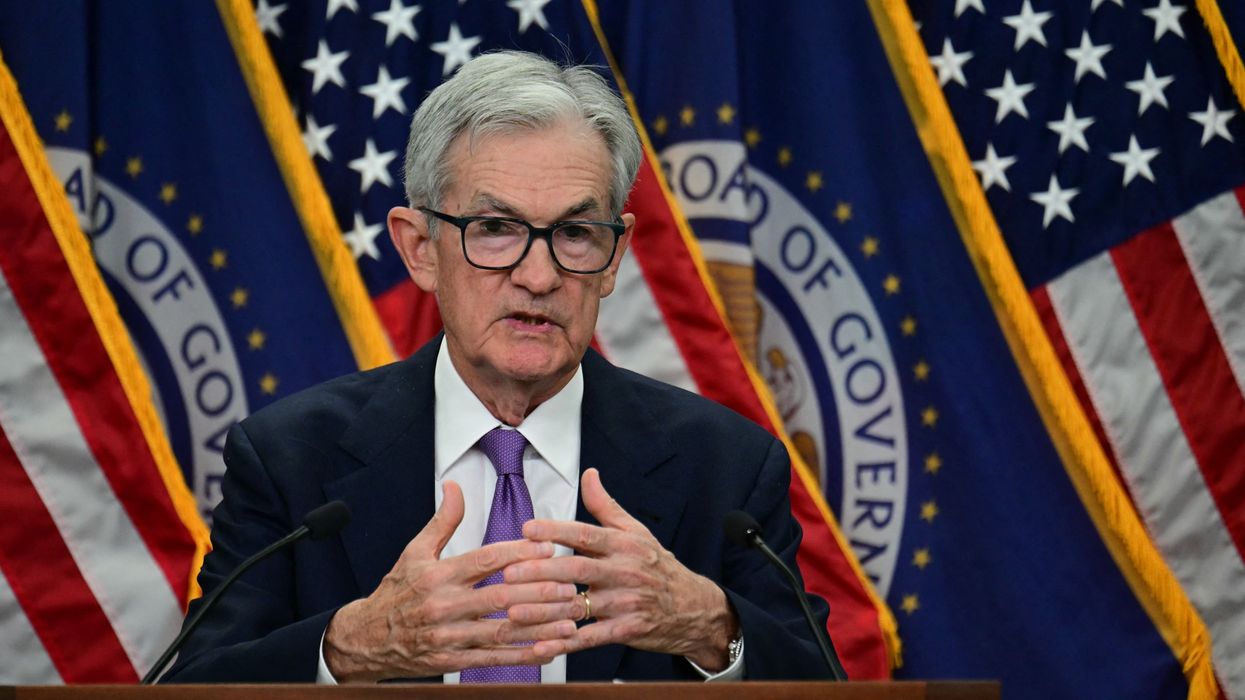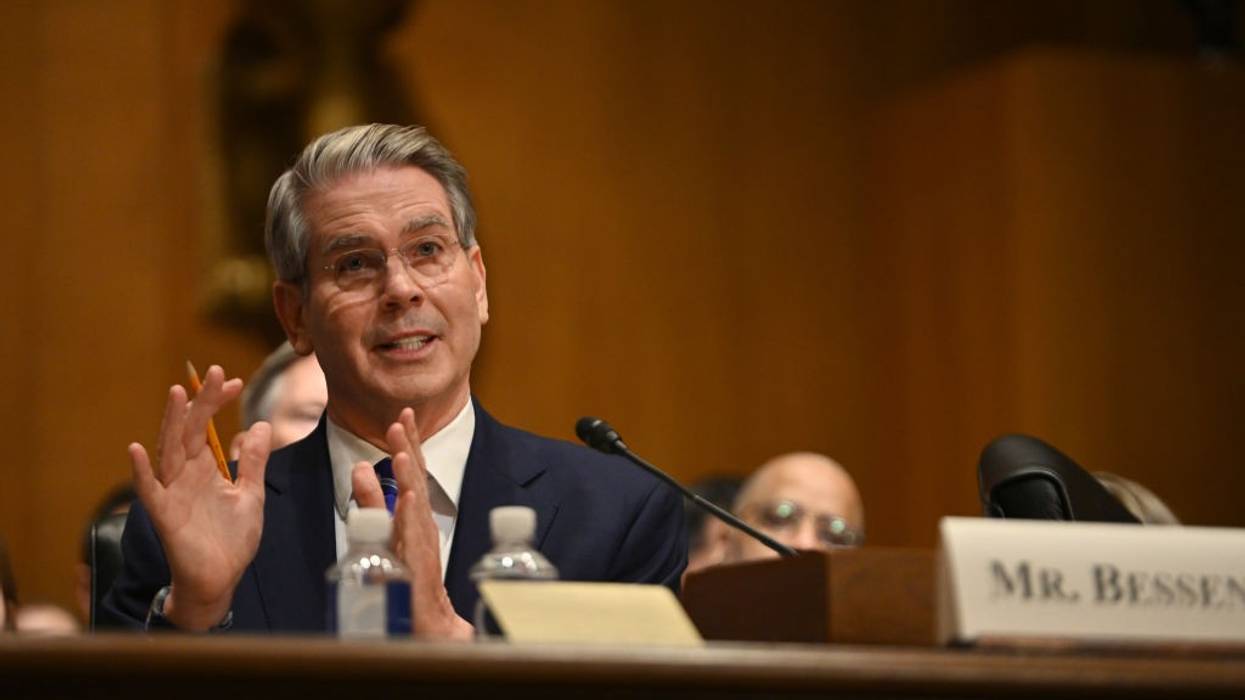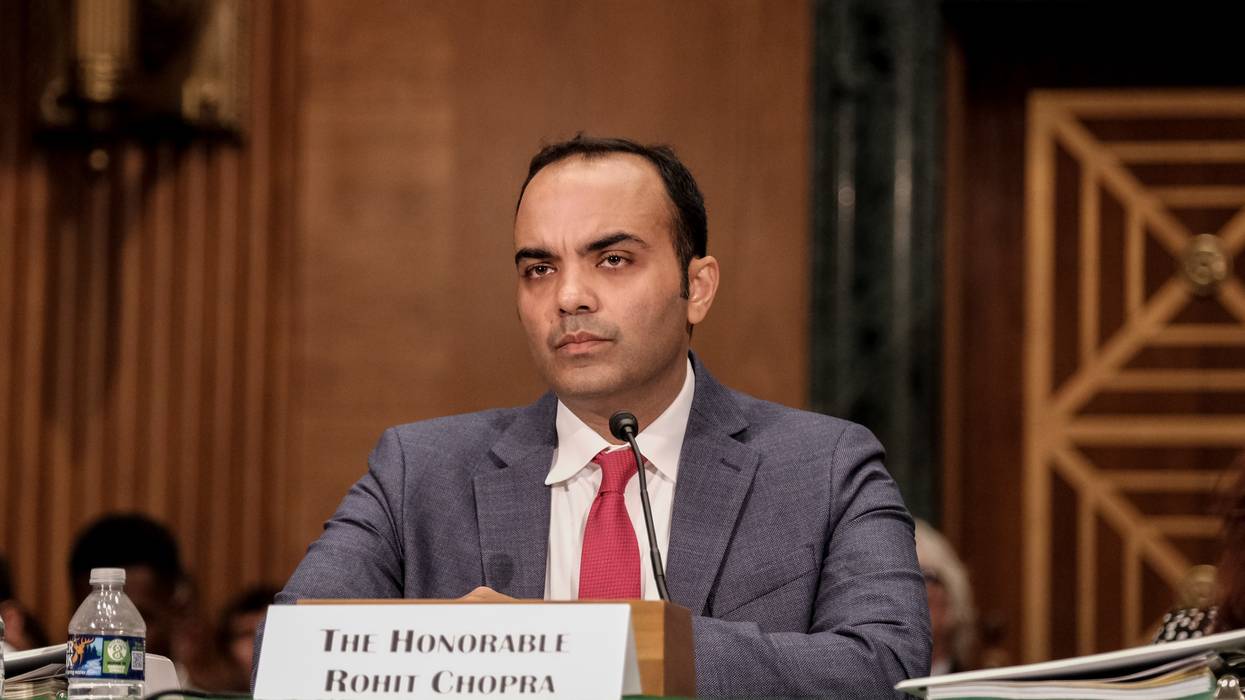"Every day, Americans from across the country shared their ideas and experiences with us," Chopra wrote to his followers. "You helped us hold powerful companies and their executives accountable for breaking the law, and you made our work better. Thank you."
In his letter, Chopra mounted a full-throated defense of the CFPB, which has often been attacked by Republicans and pro-Trump figures, including billionaire Elon Musk. He wrote that the 2008 financial crisis "made Americans question whether regulators and law enforcement would hold companies and their executives accountable for their mismanagement or wrongdoing," especially since many of the companies responsible for the crash only got larger and more powerful following a taxpayer-funded bailout.
"That's what agencies like CFPB work to fix: to make sure that the laws of our land aren't just words on a page," he wrote, adding that "with so much power concentrated in the hands of a few, agencies like the CFPB have never been more critical."
Chopra, who was appointed by former President Joe Biden to head the CFPB in 2021, said that he was "proud the CFPB had done so much to restore the rule of law" during his tenure.
"Since 2021, we have returned billions of dollars from repeat offenders and other bad actors, implemented dormant legal authorities and long-overdue rules required by law, and given more freedom and bargaining leverage to families navigating a complex and confusing financial system," he wrote.
"If civil society does its job, every person unnecessarily taken advantage of by a financial institution will attribute the blame to the right person—Donald Trump."
Chopra also touted the CFPB's regulation of junk fees, inaccurate medical bills, and digital surveillance by Big Tech. Under Chopra, the CFPB sued major financial institutions such as Bank of America and JP Morgan Chase and finalized a rule to strike around $49 billion worth of medical debt from credit reports, according to CNN.
With Chopra in charge, the bureau "has fought against junk fees, repeat offenders, big tech evasions, and corporate deception. It has championed competition, transparency, accountability, and consumer financial health," Adam Rust, director of financial services for the Consumer Federation of America, said in a statement reported by NPR.
Despite the fact that Chopra was originally appointed by Trump in 2018 to serve on the Federal Trade Commission, Chopra's firing was expected as soon as Trump took office, with both major banks and tech companies urging the new president to oust him.
While anticipated, the move was criticized by progressive advocates and lawmakers.
"For all the claims Trump and the GOP have made about being the voice of working-class voters, firing Chopra and attacking the CFPB only satisfies unscrupulous corporations and unelected billionaires like Elon Musk," Revolving Door Project founder and executive director Jeff Hauser said in a statement. "If civil society does its job, every person unnecessarily taken advantage of by a financial institution will attribute the blame to the right person—Donald Trump."
Rep. Pramila Jayapal (D-Wash.) called his firing "an enormous loss for the American people."
"My friend Rohit Chopra has done an incredible job leading the CFPB—standing up to big corporations, protecting consumer data, and saving money for poor and working families," Jayapal said on social media.
Former Labor Secretary Robert Reich wrote on social media: "Under Rohit Chopra's tenure, the CFPB continued to serve as a shining example of government working on behalf of the people. Chopra took on corporate greed, unnecessary junk fees, predatory lending, and other financial shenanigans. It's telling that Trump just fired him."
According to The New York Times, the CFPB under Trump is expected by financial industry officials to roll back some of Chopra's regulations and to issue fewer new rules and weaken enforcement.
However, Sen. Elizabeth Warren (D-Mass.) pointed out that this would run counter to Trump's own campaign rhetoric.
"President Trump campaigned on capping credit card interest rates at 10% and lowering costs for Americans. He needs a strong CFPB and a strong CFPB director to do that," she said in a statement. "But if President Trump and Republicans decide to cower to Wall Street billionaires and destroy the agency, they will have a fight on their hands."
Chopra himself, in his farewell letter to Trump, suggested steps the CFPB could take under new leadership. These included:
- Following up on proposals to stop countries like Russia and China from spying on Americans using commercial data;
- Following up on proposals to stop large tech and financial platforms from censoring users based on religious beliefs or opinions; and
- Acting on evidence uncovered during earlier investigations of Big Tech and Wall Street.
"We have also analyzed your promising proposal on capping credit card interest rates, and we see a path for enacting meaningful reform," he wrote to Trump. "I hope that the CFPB will continue to be a pillar of restoring and advancing economic liberty in America."




